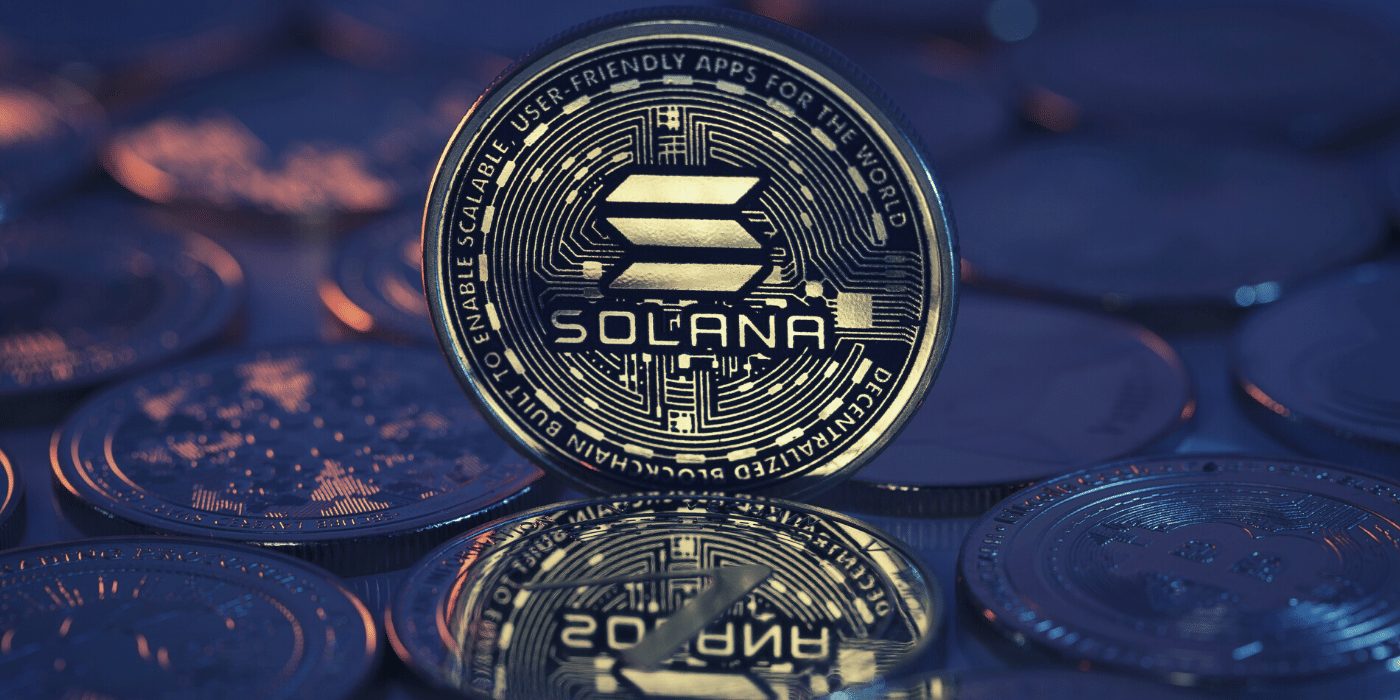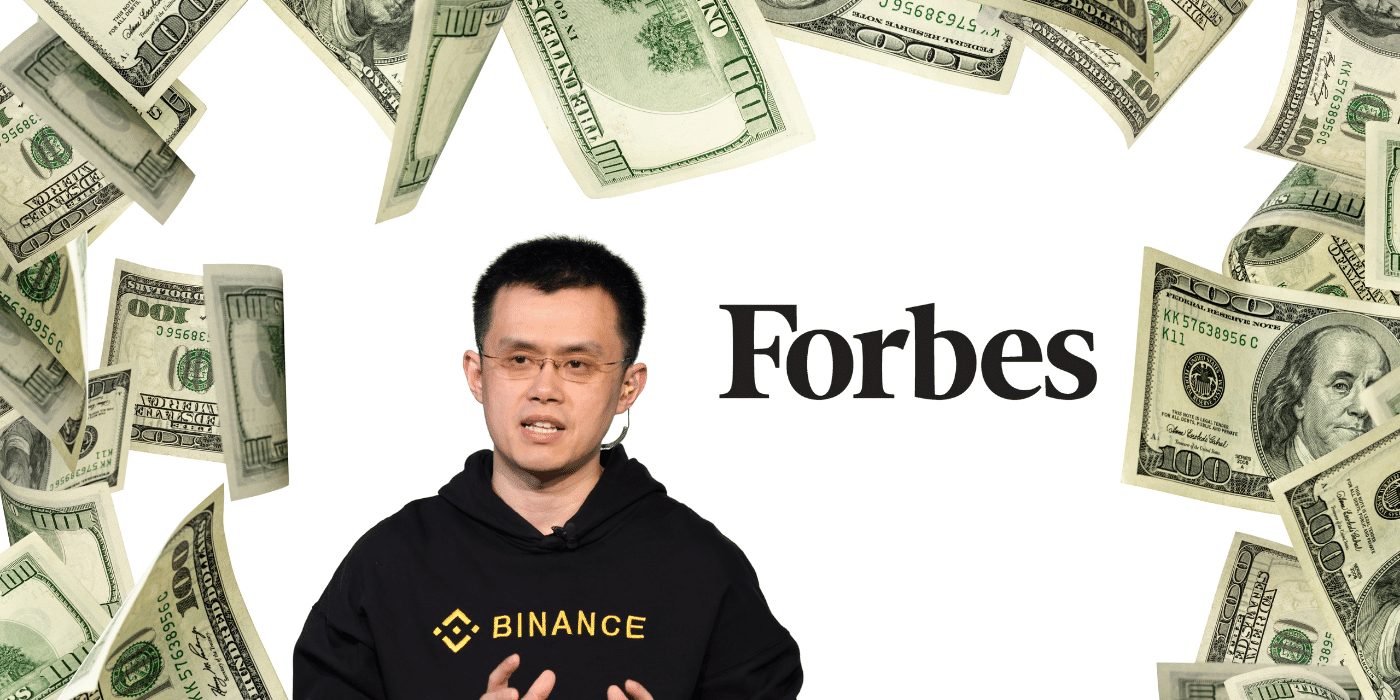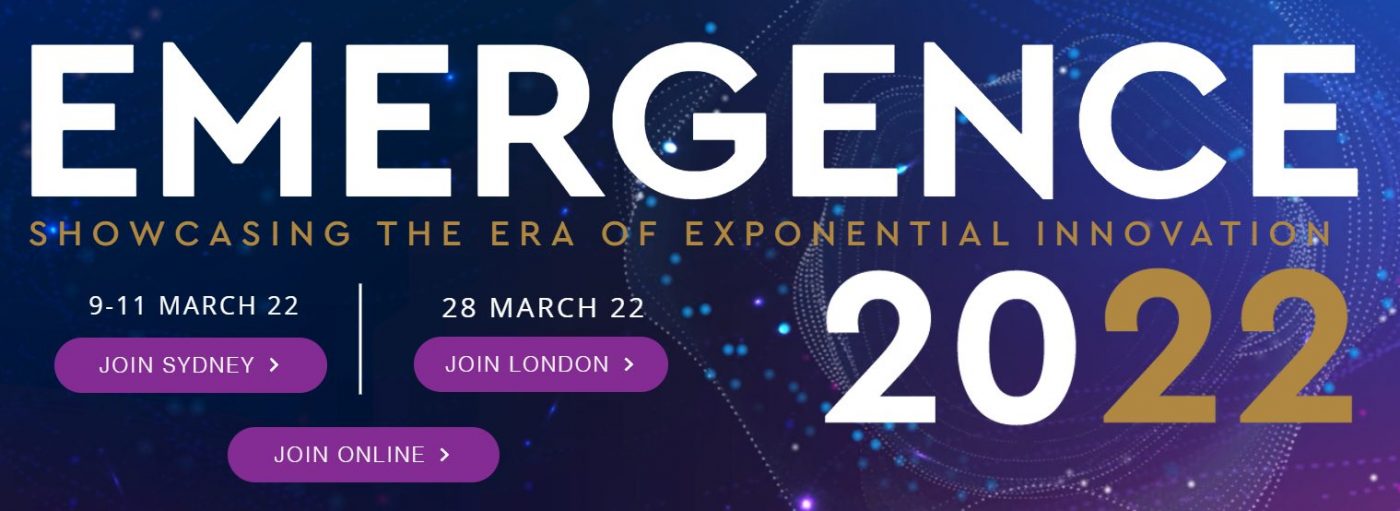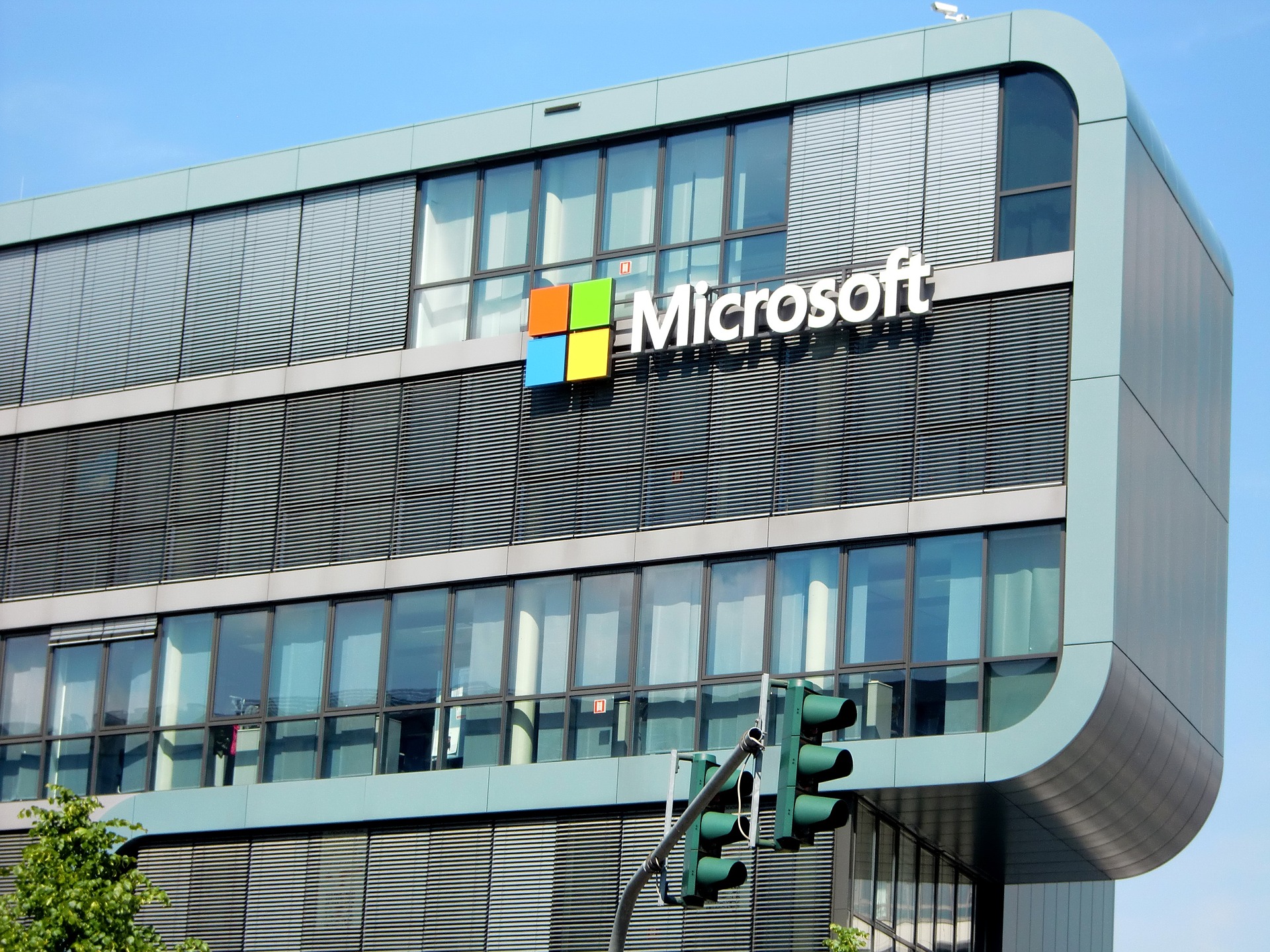A new report from the Real Estate Institute of Australia (REIA) confirms it is firmly in favour of blockchain adoption by the industry. The report outlines the various uses for blockchain in the sector as implementation methods become a hot topic.
Web3 Will Revolutionise Real Estate
The Blockchain: Opportunities and Disruptions for Real Estate report, released this week, details how the Aussie real estate industry can utilise blockchain tech to stay ahead of the game in an unstable market. The report is the result of a collaboration between REIA, REINZ (its New Zealand counterpart), and the RMIT (Royal Melbourne University of Technology) Innovation Hub.
REIA president Hayden Groves predicts that “fully integrated Web3 technology” will allow the industry to cope with rising interest rates, and housing affordability and supply issues. And according to Professor Jason Potts, co-director of RMIT University’s Blockchain Innovation Hub, blockchain has the potential to reshape customers’ experience into something far more positive:

The time is right for Australia and New Zealand to become early adopters and in doing so provide more options for their customers such as tokenisation of real estate assets, which can lead to lower costs, increased liquidity, and therefore faster settlement times.
Professor Jason Potts, RMIT
However, Groves stresses that the research is only as good as the adoption, and that an implementation strategy is yet to be decided on. He wants “agents and agencies to be trusted members of their communities” with property transactions and blockchain offering the potential to “completely improve and grow trust in a real way”.
To learn more about how blockchain can function in the real estate industry, the video below is a useful starting point:
Sustainability and Training Also to the Fore
This is only the latest chapter of real estate’s exploration of blockchain in the industry. In September 2021 Jones Lang LaSalle Incorporated (JLL), a multinational commercial real estate company, made a deal with blockchain platform VeChain to promote more sustainable practices in the sector.
More recently, REIA Western Australia introduced ‘mandatory blockchain training’ for its real estate agencies. The May 2022 initiative sought to aid the industry’s adoption and evolution as crypto and blockchain progressed into the mainstream.











